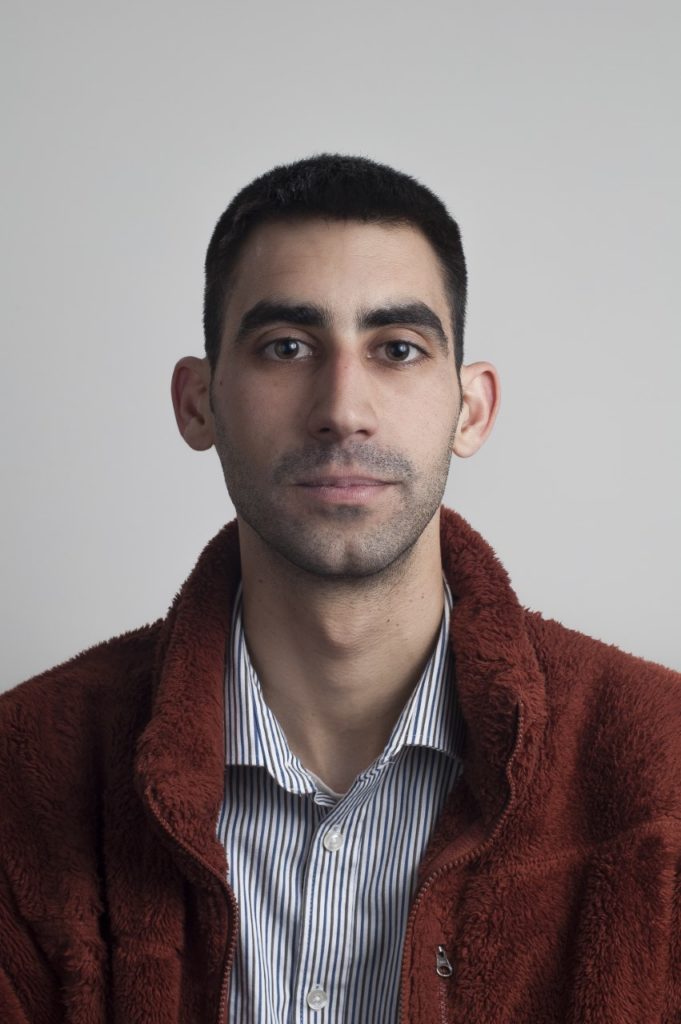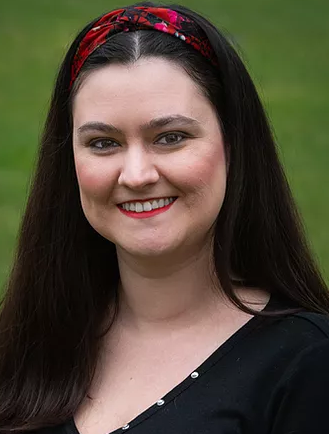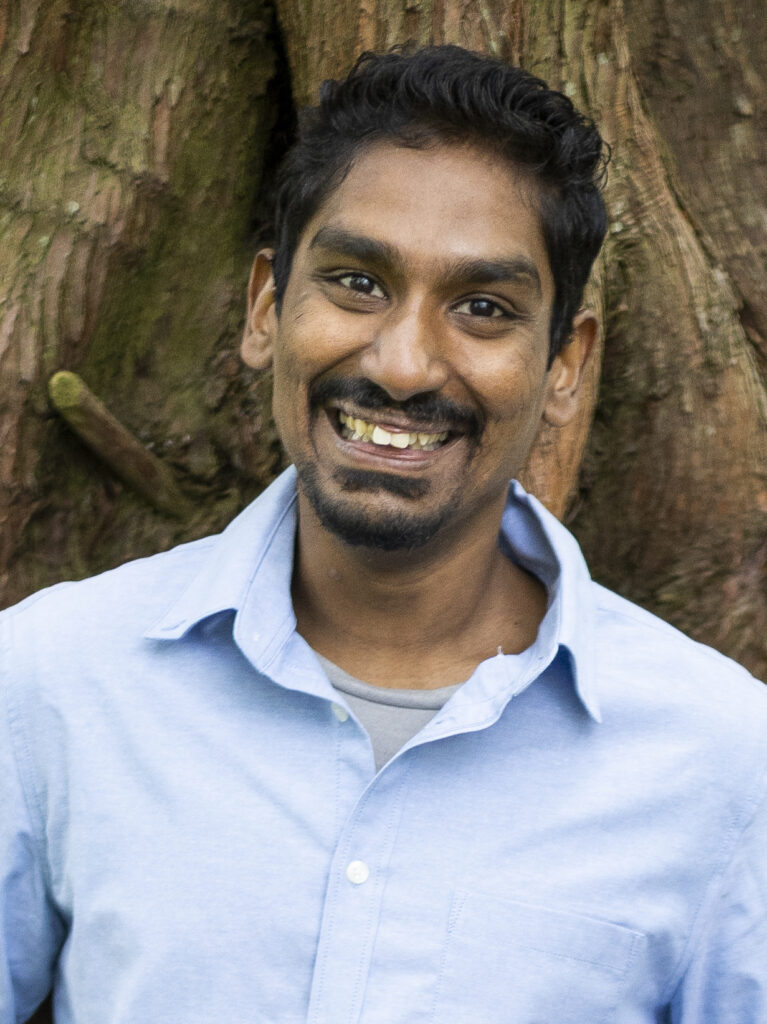All faculty are accepting graduate students for the coming year, unless otherwise noted.

Maxwell Barranti
University of Toronto
Research Interests: The process and accuracy of personality judgements and self-knowledge. The intra- and interpersonal consequences of (in)accurate personality impressions. Pedagogical tools for teaching personality psychology, statistics, and research methods.
Note: Not available for graduate supervision.

Joey T. Cheng
University of British Columbia
Research Interests: The dynamics of competition and cooperation, particularly the psychological and biological mechanisms that operate when we compete with one another, and how we manage to successfully coordinate and orchestrate collective actions. Methodological emphasis is placed on studying social phenomena “in the wild” among naturalistic teams, communities, and organizations (e.g., sports teams, marching bands, military squads)

Gord Flett
University of Toronto
Research Interests: The roles of trait perfectionism and perfectionistic self-presentation in personal adjustment, psychosocial functioning, and health problems. The associations among personality, coping, stress, and distress in adolescents, middle-aged individuals, and the elderly.

Esther Greenglass
University of Toronto
Research Interests: Stress, burnout, coping, social support, health. Applying the Proactive Coping Inventory (PCI) to a variety of populations. Study of temporal construal and its relationship to cognitive factors, coping, depression and stress. Financial stress, economic hardship, cross-national differences and psychological well-being. Recently she and her students are conducting research on psychological reactions to COVID-19 and how people are coping with the changes brought about in our society by the pandemic.

Kerry Kawakami
University of Toronto
Research Interests: The automatic activation of associations related to social categories including stereotypes, prejudice, automatic behaviors, approach avoidance tendencies, and emotions. The implication of these associations for responding to target category members and the self. Strategies to reduce these activations.


Amy Muise
University of Guelph
Research Interests: The application of social psychological theories of close relationships to learn how couples can have more satisfying and fulfilling partnerships over time. Using dyadic and longitudinal research methods to understand the processes in romantic relationships, such as motivation, beliefs, and perceptions, that influence couples’ sexual desire and satisfaction in daily life and over time as relationships grow and develop.

Jennifer Steele
Harvard University
Research Interests: Stereotyping, prejudice, and discrimination from the target’s perspective. How people combat the effects of negative self-relevant stereotypes in academic settings. How stereotypes are activated and inhibited in impression formation. The development of gender/ racial stereotypes and beliefs in children, examined from a social cognitive perspective.

Ward Struthers
University of Manitoba
Research Interests: Social cognition or how people make sense of themselves and other people. Social and organizational psychology, including attributions, social motivation, forgiveness, coworker interactions, and decision making.

Cindel White
University of British Columbia
Research Interests: The cultural, cognitive, and evolutionary foundations of diverse religious beliefs; the impact of religion on moral values, causal reasoning, attributions, prosocial behaviour, conflict, and perceptions of justice.
Past, Emeritus, and Retired Faculty
Paul Kohn | Contact: E-Mail | (416) 736 2100 x66157
Erin Ross
Richard Lalonde
Joni Sasaki
Irwin Silverman
Dick Goranson
Vello Sermat
Ian McGregor
Sandra Pyke
David Wiesenthal
Doug McCann
Regina Schuller
Norm Endler
Kathy Koeniu
David Reid
Mike Ziegler
John Holmes
Cynthia Chataway
Post-Doctoral Fellows

Emily Cross
University of Auckland
Research Interests: Intimate Relationships, Sexism, Gender, Aggression, Power, Dyadic Functioning. More specifically, I am interested in the intersection between sexist attitudes in intimate relationships, and investigating the ways both overt and covert gender-based attitudes influence intimate relationships. I integrate relationship science theories and methods with intergroup perspectives to examine how sexist attitudes impact relationship dynamics in complex, and at times oppositional, ways. I am also interested in power and aggression in intimate relationships, as well as how relationship transitions (forming new relationships, breaking up) can impact people’s health and wellbeing

Kristina Schrage
University of Toronto
Research Interests: I am interested in both the dark and light side of romantic relationships. On the dark side, what prevents people from self-disclosing and ultimately feeling disconnected from their relationship partner? On the light side, how do people provide adequate social support to their partner and help them overcome deep-seated fears of connection? Through understanding both the fears and facilitators of opening up, I hope to shed some light on how best to foster a sense of intimacy and connection in romantic relationships.
Contact: E-Mail | Website

Kunalan Manokara
University of Amsterdam
Research Interests: Positive emotions form the core of my scientific work. Specifically, my research is centered around four themes: Emotional Expressions (e.g., Is there a face for expressing hope?), Social Norms (e.g., Is there an optimal level for showing our gratitude?), Emotion Stereotypes (e.g., Do we think some people are more prideful than others?), and Prosocial Consequences (e.g., Can admiration make us treat others more fairly?). By answering questions at the intersection of affective science and social psychology, my work examines how multiple positive emotions relate to everyday phenomena.
